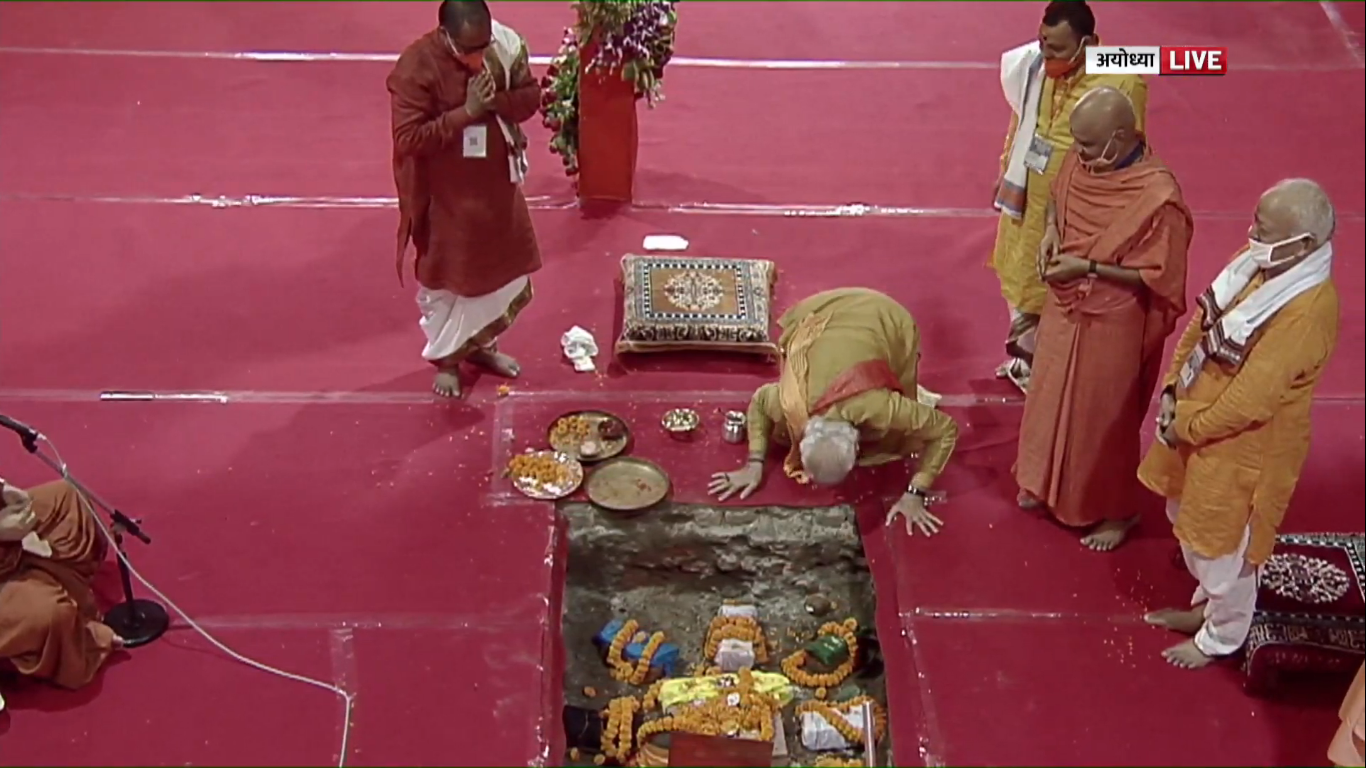New Delhi, Jun 26: Petrol prices in the national capital have reached Rs 80.13 per litre on June 26, up by 21 paise from yesterday’s Rs 79.92 per litre; while diesel prices in Delhi also rose to Rs 80.19 per litre – up by 17 paise compared to yesterday’s Rs 80.02 per litre.
This is the 20th consecutive day that fuel prices have been hiked by oil marketing companies (OMCs). The hikes began from June 8 after a 83-day halt on revised pricing during the lockdown period.
The state government’s increased value-added tax (VAT) on diesel since May is causing the fuel’s prices to soar in Delhi. VAT was increased to 30 percent for both petrol and diesel from 27 percent and 16.75 percent, respectively.
Coupled with the Centre’s hiked excise duty of Rs 3 per litre since March 14 and then Rs 10 per litre on petrol and Rs 13 per litre on diesel since May 5 has affected prices.
The hike on diesel prices is unusual, as the government traditionally keeps the price for the fuel low due to its impact on agriculture and other high consumption economic activities.






Comments
Add new comment